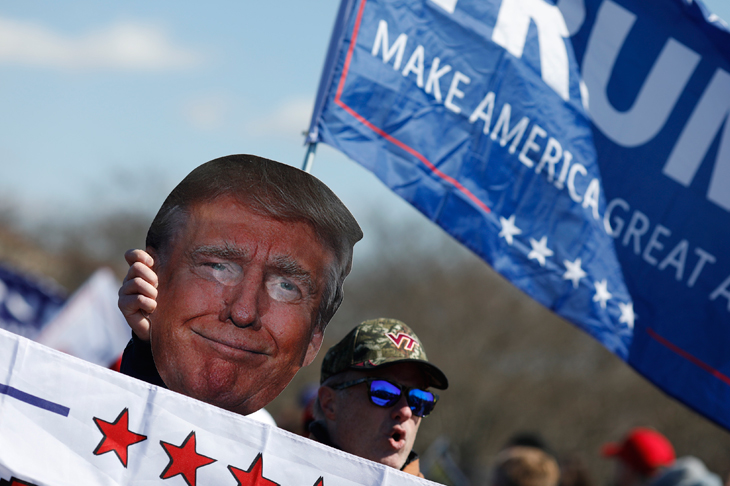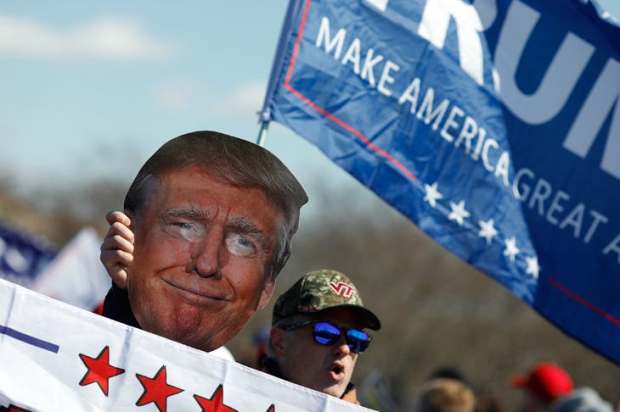The really bad ideas never go away – Bert Kelly.
Protectionism is one of those really bad ideas. Last month marked the 20th anniversary of the passing of one of Australia’s great political figures, Bert Kelly.
Bert arrived in Federal Parliament in 1958 as the Member for the South Australian seat of Wakefield and from then until he left the Parliament in 1977 fought a long and often bitter campaign against protectionism – first against a very powerful Deputy Prime Minister and Country Party Leader in John ‘Black Jack’ McEwen (‘Le Noir’ as then-PM Robert Menzies called him), and also against the strongly-defended populism of ‘protecting Australian jobs’.
By the late 19th century, NSW had prospered under its free trade regime and had overtaken the protectionist Victoria, becoming the continent’s leading colony. Following the collapse of the gold-rush, and to sustain its economy, Victoria borrowed heavily in the British capital markets but soon found itself impoverished and losing population as a consequences of 30 years of protectionism. NSW political leaders such as George Reid speculated that Victoria was desperate for federation so that its economic problems could be shared with the other colonies!
By the early 1920s, the newly-formed Country Party under Earle Page – influenced by the rural export industriaes of wool, meat and wheat – was officially opposed to protection, yet supported the Scullin Government’s belief that tariffs on imports would help restore employment during the Great Depression (1929 – 1932) by handing out tariffs virtually on demand. It didn’t work.
In 1930, Australian historian Keith Hancock had published his book Australia which contains this memorable reference to protectionism in Australia:
Protection in Australia is more than a policy: it is a faith and a dogma. Its critics, during the second decade of the twentieth century, dwindled into a despised and detected sect suspected of nursing an anti-national heresy. Protection is interwoven with almost every strand of Australia’s democratic nationalism. It professes to be a policy of plenty, but it is a policy of power.
Bert Kelly was opposed to protectionism because, he said, it was not only economically foolish, it was morally wrong. It was wrong, he said, because it created a situation in which governments granted favours to some, who became greatly enriched, at the expense of others, who were at best impoverished and at worst, ruined.
Bert understood however the truth of Edmund Burke’s observation that ‘all government is based on opinion’, so Bert set out to change opinion on protectionism, through his newspaper columns Dave’s Diary, The Modest Farmer and The Modest Member, in the parliament, and speaking engagements all around Australia. All played an indispensable role in bringing about the nation-wide change in opinion.
Bert was much loved by his companions in these battles. At the various conferences where these issues were debated, Bert’s appearance, dressed as he usually was in shorts, open necked shirt, long socks with ruler and pencil tucked down inside a sock, together with the battered case with the letters C.R.K. (Charles Robert Kelly) emblazoned in unruly fashion in white paint on one side, was always cause for an immediate uplift of spirits. Bert was always good fun, but underneath the ready wit and engaging charm was a well-tempered core of steel.
From 1983 – 1996 the Hawke-Keating Labor Governments opposed protectionism, however under Bill Shorten Labor has decided to beat up the Government on an issue which, under Hawke-Keating, was arguably the most significant thing it did. This retreat by modern Labor demonstrates how powerful Opposition really is. Oppositions define the parameters within which a government feels comfortable, and that is particularly true of governments like the present one, which follows rather than leads.
For decades, rent-seeking industries like car-makers have run vigorous protection campaigns forcing consumers to pay more for their cars than they otherwise would thus restricting consumers’ opportunity to spend money on other goods and services. This protection of declining industries at the expense of emerging industries is like high taxation, it is a form of corporate welfare that is ruinous to a nation’s economy.
In the 1980s, the computer industry was a fraction the size it is today. Around the world millions of jobs exist today that didn’t exist in the 1980s. Technology makes people more productive. With new technology new jobs get created to replace old ones. Protectionism via the application of tariffs, import duties and quotas does not create or protect jobs; yes, it preserves some people’s jobs but it does so at the expense of many more people who become job-less, or who are prevented from getting their foot on the employment ladder. This battle between protectionists and free traders has been a feature of political life in the western world for centuries.The great advocates of free trade were of course Adam Smith and Milton Friedman. Smith’s The Wealth of Nations and Freidman’s Free to Choose are still the most persuasive authorities available.
Friedman was once taken to see a massive infrastructure project in Asia where thousands of workers were building a canal using shovels. ‘I was somewhat puzzled’, said Friedman, ‘so I asked the government official, “why aren’t you using excavators and earth-moving equipment?”. “Using shovels creates more jobs”, said the official. “Then why don’t you use spoons instead of shovels?”’
Two of US President Donald Trump’s key policies are building a $20bn concrete wall along its border with Mexico and building a tariff wall to ‘protect American jobs’. We know which will be the more costly.
Got something to add? Join the discussion and comment below.
Get 10 issues for just $10
Subscribe to The Spectator Australia today for the next 10 magazine issues, plus full online access, for just $10.
You might disagree with half of it, but you’ll enjoy reading all of it. Try your first month for free, then just $2 a week for the remainder of your first year.














Comments
Don't miss out
Join the conversation with other Spectator Australia readers. Subscribe to leave a comment.
SUBSCRIBEAlready a subscriber? Log in